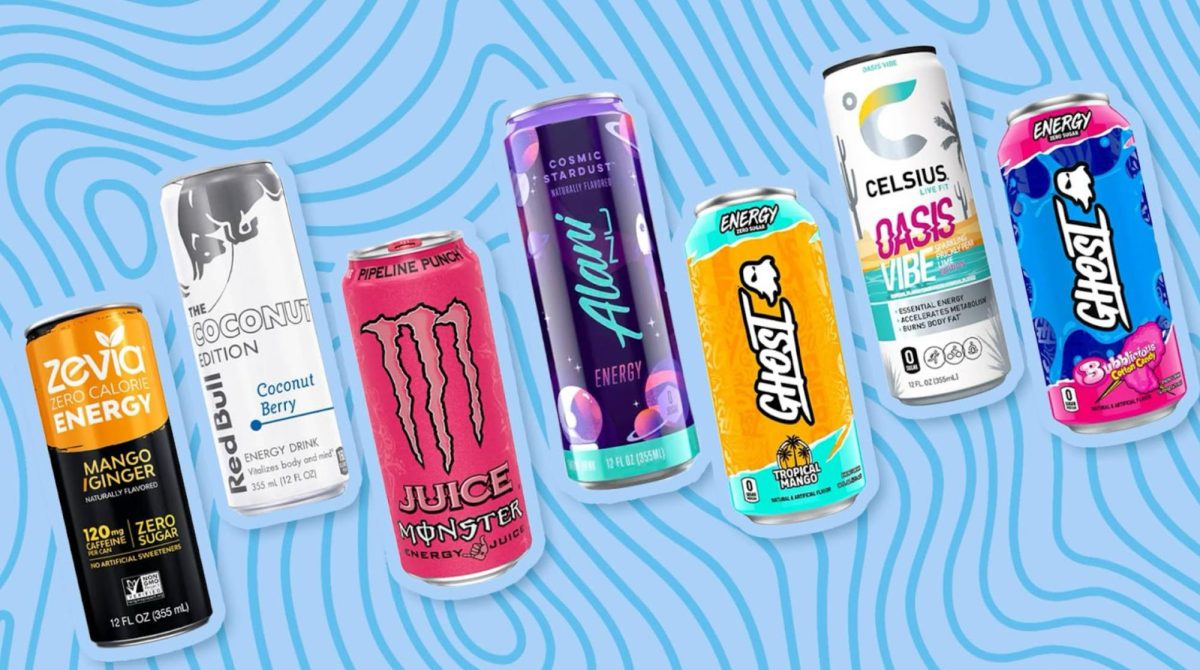200 milligrams of caffeine are in every Alani and Celsius 12 oz can. But what does that mean? Is that a lot? Is that unhealthy? Does that really have any effect on the average teenager? These are all questions that are important to understand when looking at caffeine consumption amongst teens.
In 2025, it seems as though more teenagers are drinking caffeinated drinks throughout their day. According to Michigan Medicine, almost a quarter of parents report their kids drinking caffeinated beverages everyday or almost everyday. Most of these parents believe that their child drinks these beverages because it’s their favorite drink rather than to stay awake during school. Additionally most parents believe that their child’s intake of caffeine is a healthy amount. However, the recommended amount of caffeine for an adolescent aged 12-18 is only 100 milligrams. Half of what most caffeinated drinks contain in a 12 oz can.
To put some of these numbers into perspective, the average cup of coffee contains around 95 milligrams of caffeine. That means that the average adolescent should be consuming only about 1 cup of coffee a day. As we know, this seems to not be the case. 400 milligrams of caffeine is considered the unhealthy daily amount for anyone. That means if you drink just two of the popular caffeinated drinks in a day, you could be doing damage to your body that is irreversible.
Consuming too much caffeine at a young age can have many adverse effects later on in life. For example, you may gain higher levels of stress hormones. You may also be more irritable and have increased cravings for caffeine. And should you try to stop drinking caffeine entirely, you may have severe withdrawal symptoms as caffeine can be an addiction. Caffeine can also lead you to being more susceptible to other addictions in the future like alcohol, drugs, tobacco, or nicotine. It is crucial to recognize if you drink too much caffeine so you can change your habits and positively impact your health.
Some things that you can do in order to cut out caffeine from your daily routine include getting more sleep, exercising daily, eating a healthy diet, and educating yourself about alternative options. All of these things and more can have a significant impact on your overall health.











